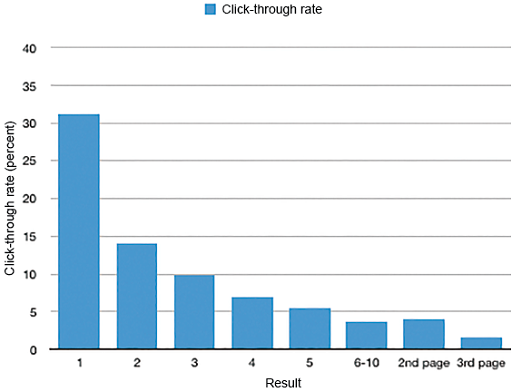4.1 Childhood vaccinations
Childhood vaccinations are a routine part of life but, in recent years, there has been growing public concern over the possible adverse consequences of vaccines. These worries began with the publication of a paper by the prestigious journal The Lancet in 1998, studying the onset of developmental disorders, including autism, in 12 children.
Follow-up studies failed to substantiate the Lancet paper. It became clear that the paper’s author, Dr Andrew Wakefield, had failed to follow correct ethical and scientific processes, had faked some findings, and had direct financial interests in producing evidence that would allow cases to be brought against MMR vaccine manufacturers. Lacking any scientific justification, the Lancet paper was formally retracted in 2002. Wakefield was struck off the UK medical register [Tip: hold Ctrl and click a link to open it in a new tab. (Hide tip)] and barred from practising medicine in the UK (General Medical Council, 2010).
Note
Since the publication of Wakefield’s discredited paper, researchers have repeatedly re-examined the risks of vaccination and checked the quality of previous research to determine whether their findings are still sound (Demicheli et al., 2012; Maglione et al., 2014; Taylor et al., 2014). The scientific consensus is that there is no evidence of a link between vaccination and developmental conditions such as autism. Vaccination is safe and effective against a range of childhood diseases that cause severe injury and death. This is based on a number of very large studies, encompassing many millions of vaccinations (compared with the Lancet paper, which used just 12 people).
While there is no evidence for any link, a belief that vaccinations cause certain chronic childhood conditions persists – especially online, where many sites continue to spread gravely misleading information.
Researchers at the University of California studied how people encounter misleading information when searching for information about vaccination (Ruiz and Bell, 2014). Nine search terms were selected from the most common vaccination-related queries submitted to Google. Three queries were positive (vaccine benefits, vaccination benefits and MMR benefits). Three were neutral (vaccine, vaccination, MMR) and three were negative (vaccine risks, vaccination risks and MMR risks). The first page of Google results, containing ten results, was retrieved for each search term.
Activity 9 (self-assessment) People’s search patterns
Figure 12 shows the percentages of people who clicked on Google search results (the click-through rate): the top result, the second result, and so on. Does it support the researchers’ decision to restrict their interest to only the first page of search results?
Answer
Essentially, yes. Most people in this study (71%) only followed links on the first page of results. This finding is in keeping with other studies which show that the first page of search results attracts a disproportionate number of clicks. Lower-ranking results are rarely used by searchers, even though they may also contain useful information.
The first page of ten search results for each query was stored by the researchers. Of the 90 possible results, 84 contained information that could be used in the study. (The other results were variously indexes of other pages, book previews or discussed adult vaccines.)
The 84 pages were then analysed to identify key aspects of their content. The researchers were interested in what they termed myths and recommendations.
- A myth is a falsehood about childhood vaccination, such as vaccines cause autism.
- A recommendation is a call to action – it can be either positive (e.g. make sure your vaccinations are up-to-date) or negative (e.g. do not harm your child by vaccinating them).
The researchers then checked whether a site perpetuated a myth by not providing evidence that it was actually a myth, or whether a site countered a myth with further information showing that the myth was untrue or could not be substantiated. Their findings included the following.

